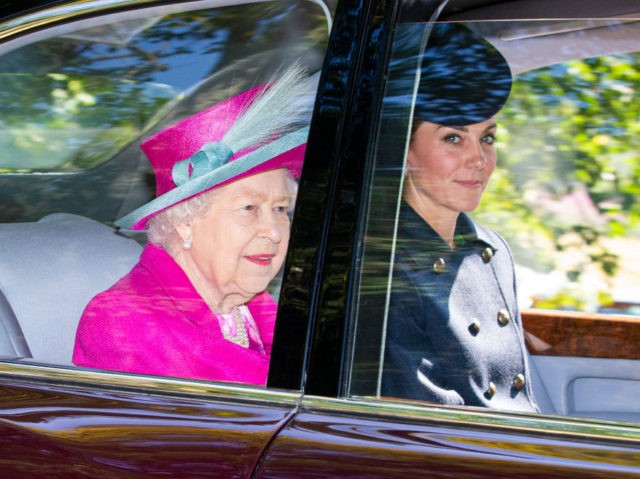The longest-standing Parliament in modern British political history will come to an end in September, a decision which has outraged anti-democracy politicians in the United Kingdom because it gives them less time to plot against the Brexit process.
Parliament will be suspended on a date between Monday 9th and Thursday 12th of September, and will return on October 14th, just 15 days before the official Brexit date on which the United Kingdom is due to leave the European Union. Prime Minister Boris Johnson has vowed this date will be honoured by him “do or die”, with or without a withdrawal deal.
That the suspension — known as prorogation in Westminster political jargon — was coming was announced Wednesday morning, and hours later an official wire from the Palace confirmed the Queen had given her approval to the decision of the government. While the Queen’s consent is theoretically necessary for Parliament to be prorogued, in practice the Monarch always acts on the advice of her government, which is made up of Members of Parliament elected by the British people.
Prorogation is distinct from disolution of Parliament in a number of key ways. Normally, Prorogation would happen every year or so, and especially after new governments being formed as after the suspension period a speech written by the government explaining what business they intend to conduct in the new term — effectively informing politicians and the country of what laws they want to pass — is made by the Queen.
Prorogation also sees Parliament return with all the same elected members as sat before the suspension. Dissolutions tend to take place every five years when general elections are called and see all sitting members go back to the country, to give electors a chance to replace them.
Top Brexiteer Jacob Rees-Mogg was present at the meeting where the Queen signed off the day’s business, sitting in his role as Lord President of the Privy Council. He defended the suspension from the outrage which has greeted it from anti-Brexit activists, calling it a “completely proper constitutional procedure” and one that would allow the government to announce new legislation on subjects other than Brexit.

COMMENTS
Please let us know if you're having issues with commenting.